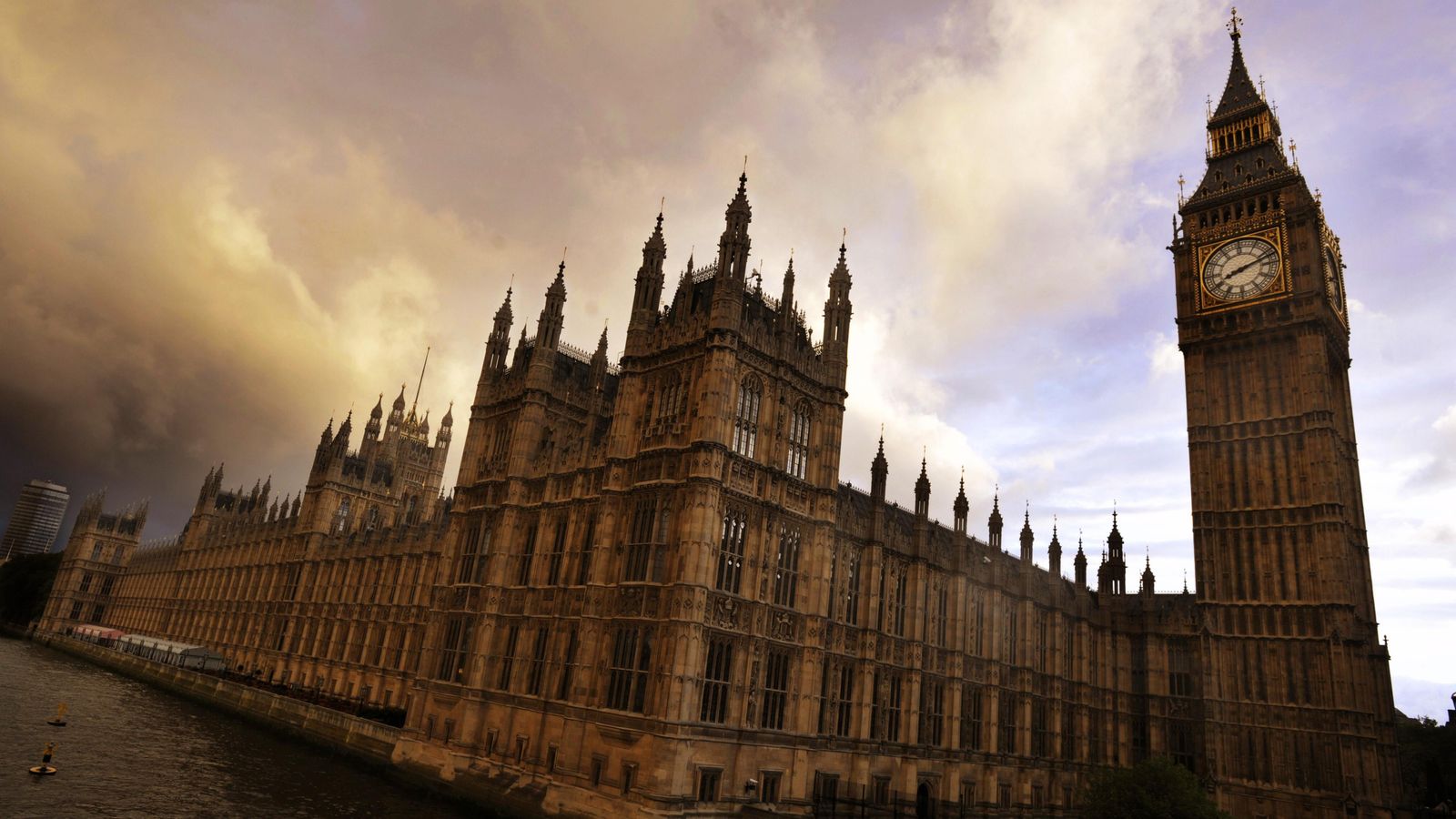Politicians with “poor ethical standards” should face tougher sanctions, a review by the anti-corruption watchdog has found.
It suggested punishments could include, fines, apologies and resignations, and also called for a radical overhaul of the standards of conduct system.
The investigation by Lord Evans of Weardale, chair of the Committee on Standards in Public Life, was commissioned following the Greensill scandal.
The incident saw former prime minister David Cameron go un-punished despite privately lobbying ministers in efforts to secure access to an emergency coronavirus loan scheme for Greensill before its collapse.
Mr Cameron did not face any sanctions as he was classified as a company employee, but he would under the new changes.
The inquiry into the rules and systems governing standards of conduct in public office is the biggest of its kind in years.
The Upholding Standards of Public Life report made four recommendations to tackle the areas, it found, requiring attention.
Sir David Amess murder: Priti Patel says security measures to be put in place – but MPs ‘cannot be cowed by any individual’
Sir David Amess murder: Senior Tory MP Tobias Ellwood calls for face-to-face meetings with constituents to be paused in wake of killing
Foodbank fundraising pages launched after senior Tory MP Sir Peter Bottomley called his £81k salary ‘really grim’ on day of Universal Credit cut
These are:
• The regulation of the Ministerial Code needs greater independence
• The scope of the Business Appointment Rules should be expanded and the rules should be enforced through legal arrangements
• Reforms should be made to the powers of the commissioner for Public Appointment
• More transparency around lobbying which would require better coordination and more consistent publication by the Cabinet Office
The four areas were suggested following polling and focus group research suggested the public believed MPs and ministers have “poor ethical standards”.
Lord Evans, who previously served as the director of MI5, said: “The arrangements to uphold ethical standards in government have come under close scrutiny and significant criticism in recent months. Maintaining high standards requires vigilance and leadership.
“We believe our recommendations point to a necessary programme of reform to restore public confidence in the regulation of ethical standards in government.”
Last year, Sir Alex Allan resigned as Boris Johnson’s ethics adviser after the prime minister refused to sack Home Secretary Priti Patel, despite an investigation finding evidence she had bullied civil servants and broke ministerial code.
Under Lord Evans’ plans, the PM’s ethics adviser would have the ability to initiate investigations and the authority to “determine” breaches of code.
The reforms would also see the Advisory Committee on Business Appointments and government departments being able to issue a lobbying ban of up to five years.
This would be used in cases where an official had a particularly senior role, or where contacts made, or privileged information received, will remain relevant after two years.
The report found the government should set out what the consequences for any breach of contract will be as well.
Please use Chrome browser for a more accessible video player
It stated: “Possible options for sanctions may include seeking an injunction prohibiting the uptake of a certain business appointment, or the recouping of a proportion of an office holder’s pension or severance payment.”
Labour’s deputy leader, Angela Rayner, has welcomed the report, saying: “Boris Johnson and his Conservative colleagues’ actions have repeatedly undermined standards in our public life.
“Labour will overhaul this broken system and introduce an independent Integrity and Ethics Commission that will clean up our politics and restore standards and integrity to our public life.”
A Cabinet Office spokeswoman said the government will “carefully consider” the report’s findings and will “set out a full update to parliament in due course.”






















